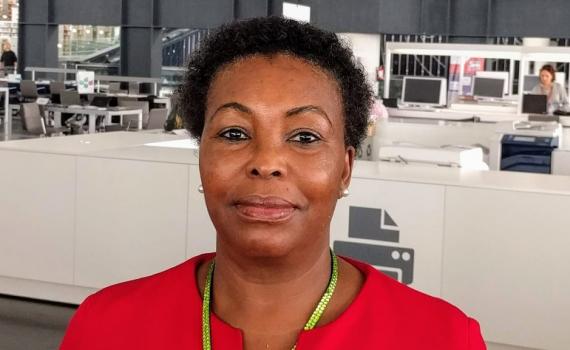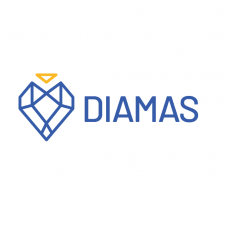
Researchers in Botswana are excited about the forthcoming national open science and open data policies, writes Naniki Mphakwane, Chair of the Botswana Library Consortium and EIFL Country Coordinator.
It will be exciting to have an enabling policy that will be a driver of change. The national open science and open data policy will promote innovative processes for open science, by providing incentives - for example, rewards for researchers who innovate, and support for scholars undertaking research using open science practices. We have proposed a budget for the implementation of the policies, including for actions like establishing open access and open science infrastructure and capacity building of librarians and students. EIFL played a big role in the development of the draft policies and constantly provided expertise and experience.
It has been a long road. The BLC, a non-governmental institution made up of members of various types of libraries, began building open access capacity for its members as far back as 2010. The main platform was the BLC annual meetings, where experts were invited to give talks and to discuss open access. Members of the BLC, operating independently or in collaboration with other members, also raised awareness and built open access capacity through events organized for global initiatives such as Open Access Week.
Universities have had either ad-hoc or structured capacity building programmes for their researchers to encourage adoption of new scholarly communications and publishing practices. Librarians have also been encouraged to share their open access skills and experiences through many information sharing platforms and fora. 
A working group of academic and research libraries was created to promote sharing of resources and knowledge within the Ministry of Tertiary Education. The forum has brought together the library leadership from the institutions, and also created a platform to share experiences and knowledge especially in the area of research and scholarship.
EIFL has played an instrumental role in supporting capacity building over the years, by providing funding for training of repository managers, research administrators and librarians to develop and manage repositories, and to draft open access and open science policies. University of Botswana, Botswana University of Science and Technology, Botho University, Botswana Open University, and lately Botswana University of Agriculture and Natural Resources have been the pioneers in creation of open access repositories. Similarly, the Association of African Universities has been supportive towards capacity building towards this end.
Vigorous advocacy at the national level
The call for open data and open science in Botswana can be traced back to 2017, when the Open Data Open Science (ODOS) was formed. ODOS is a multi-stakeholder forum of public and private institutions that was set up with the aim of advocating for the adoption of open data and open science nationally. ODOS hosted national consultations on open data and open science, bringing stakeholders together to find common ground for open science. ODOS also hosted the International Data Week in Gaborone in November 2018 to raise awareness and to step up efforts towards developing policy frameworks in support of the movement. ODOS instituted vigorous advocacy for policy frameworks to be developed to ensure the accessibility and discoverability of research output and data from publicly funded scientific research.
BLC played a central role in coordinating the drafting of a national open science policy. I was chosen to be secretary of the Botswana Open Science Policy Working Group, while the BLC Treasurer, Ms Tuelo Ntlotlang, is the Secretary to the Open Data Policy Working Group.
Developing the policies is a huge task. Most of Botswana’s universities and research institutions, and government ministries, civil society and the private sector were represented on the Working Groups. For the Open Science Policy the task came towards the end of the year and we worked tirelessly to ensure that there would be a draft ready before the recess in December 2022. We succeeded, and the draft policy has already been handed to the Ministry of Communications, Knowledge, Science and Technology, which is leading the due process for consultations and adoption. The draft Open Data Policy is now ready and will be handed over to the Ministry as weIl. If the process runs smoothly, Parliament will approve the two policies this year (2023).
What’s next?
Whilst great strides have been made, more effort is required to ensure the existence of an infrastructure conducive and supportive of open access, open data and open science. There is a need to strengthen collaboration amongst all the players, to address gaps in technical skills, digital literacy and capacity for leveraging resources for open science.
More about EIFL's support for open access and open science in Botswana.
SHARE / PRINT








